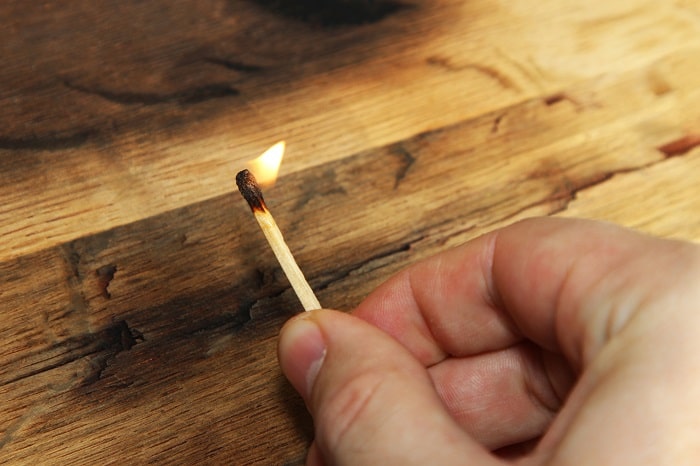Is Accidental Fire a Crime?
Even in modern society, fire, in various forms, is a big part of daily life. Fire is used to cook, power engines, heat homes, and run the power plants that give life to all the electronics that are so central to life today. Fire is also portable, in the form of lighters and matches, so people can take it anywhere.
However, especially in densely populated areas, there are strict regulations on when and how someone is permitted to start a fire. Tripping the bounds of the applicable criminal offenses could result in arrest and prosecution by the state. If that happens, the services of a criminal defense attorney are needed to combat the charges and ensure the rights of the accused are not violated.
Arson is the crime most people associate with fire, and understanding how this act is defined under California law is important to avoid being implicated in such a crime by law enforcement.
However, in the event one is accused of committing arson, there are a number of defenses that a criminal defendant can assert to beat the charges.

What are the Types of Arson Charges and Penalties in California?
California has two criminal statutes related to setting fires – arson and reckless arson. Arson occurs when a person intentionally and “maliciously” set fire to a building, forest land, or property. Someone sets fire with maliciousness if the act was intended to harm, defraud, or anger another person.
Reckless arson happens when a person sets a fire recklessly. A fire is considered reckless when the person who started the fire knew of and ignored a significant risk that the fire would burn buildings, forest land, or property. In addition, a person may be guilty of arson for setting fire to his/her own property if:
- the property burned was a building
- the fire was started for a fraudulent reason, such as to collect money from an insurance company, or the fire causes damage or injury to another home, person, or land
Determining if an alleged act of arson is a misdemeanor or felony offense depends on whether the fire was set intentionally or recklessly, if someone was injured, and the type of property burned. For example, recklessly burning personal property is a misdemeanor.
However, intentional and malicious fires are always considered felonies. Sentences for reckless arson range from six months in county jail for misdemeanor convictions, and up to nine years for malicious arson offenses that cause significant injury to another person. Also, note that fires set in retaliation for evictions or other legal actions are considered aggravated offenses and subject to sentence enhancement provisions.
Finally, those convicted of malicious arson face mandatory registration on the state arson registry, which is similar to the sex offender registry and requires all registrants to keep law enforcement notified of their whereabouts.
Legal Defenses Against California Arson Charges
While an experienced criminal defense attorney will know the best method to attack an arson charge in order to convince the prosecutor to reduce the charges or dismiss the case, there are common defenses to arson charges that are worth knowing:
- the fire was an accident;
- the state has insufficient evidence against the accused;
- the accusations are not true;
- the person accused was the victim of mistaken identity; and
- the fire was not the result of arson.
What to Do If You’re Charged with Arson
If you are under investigation or accused of a crime, do not wait to hire a criminal defense attorney. Protecting your rights and building a strong defense against criminal charges should start as soon as possible to reduce the likelihood of an unjust result.
The Los Angeles law firm Manshoory Law Group, APC represents clients in a variety of criminal defense matters and will fight to get you the best possible result. Attorneys are available 24/7 to take your calls. Contact us today for a free consultation.

